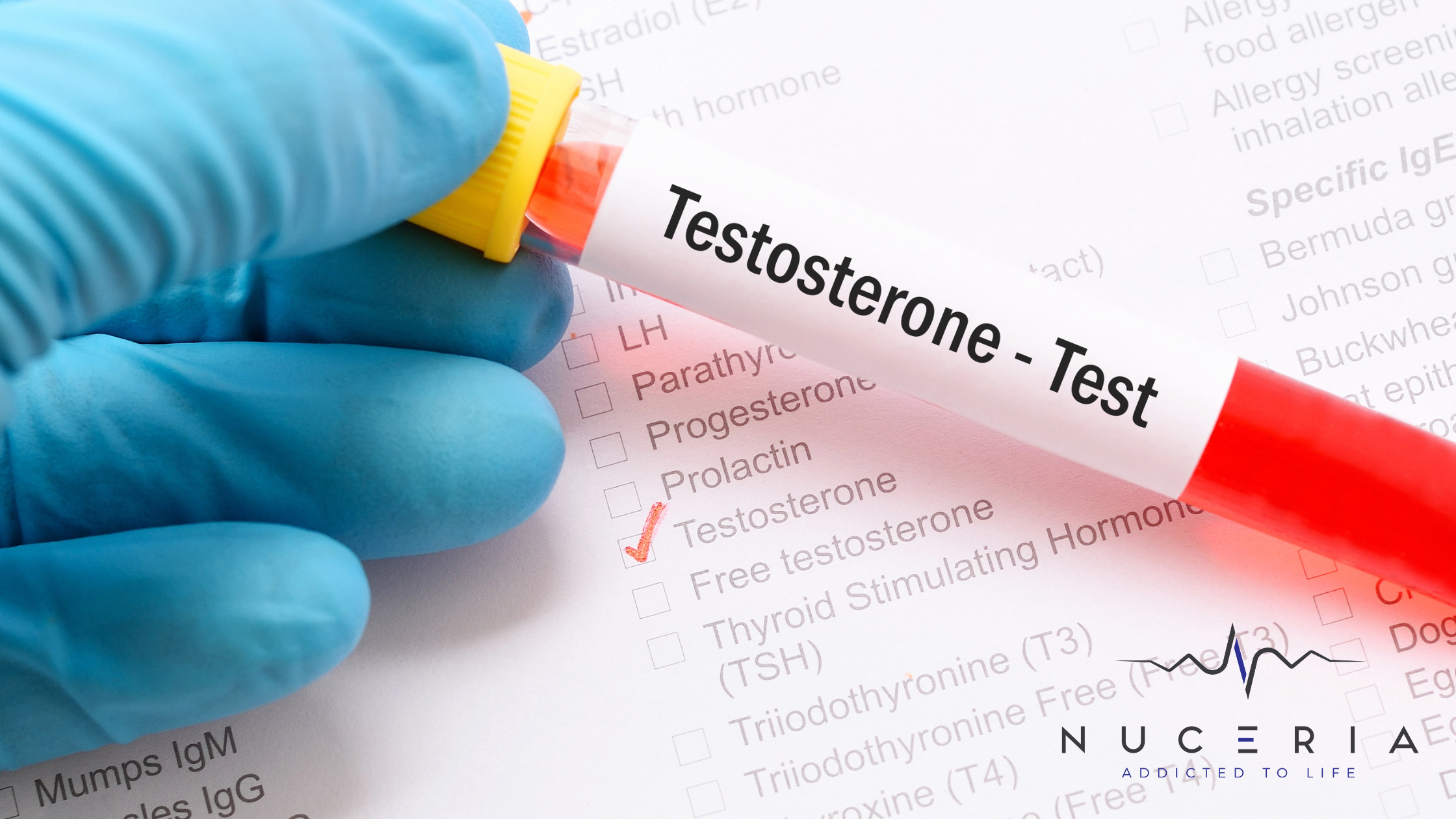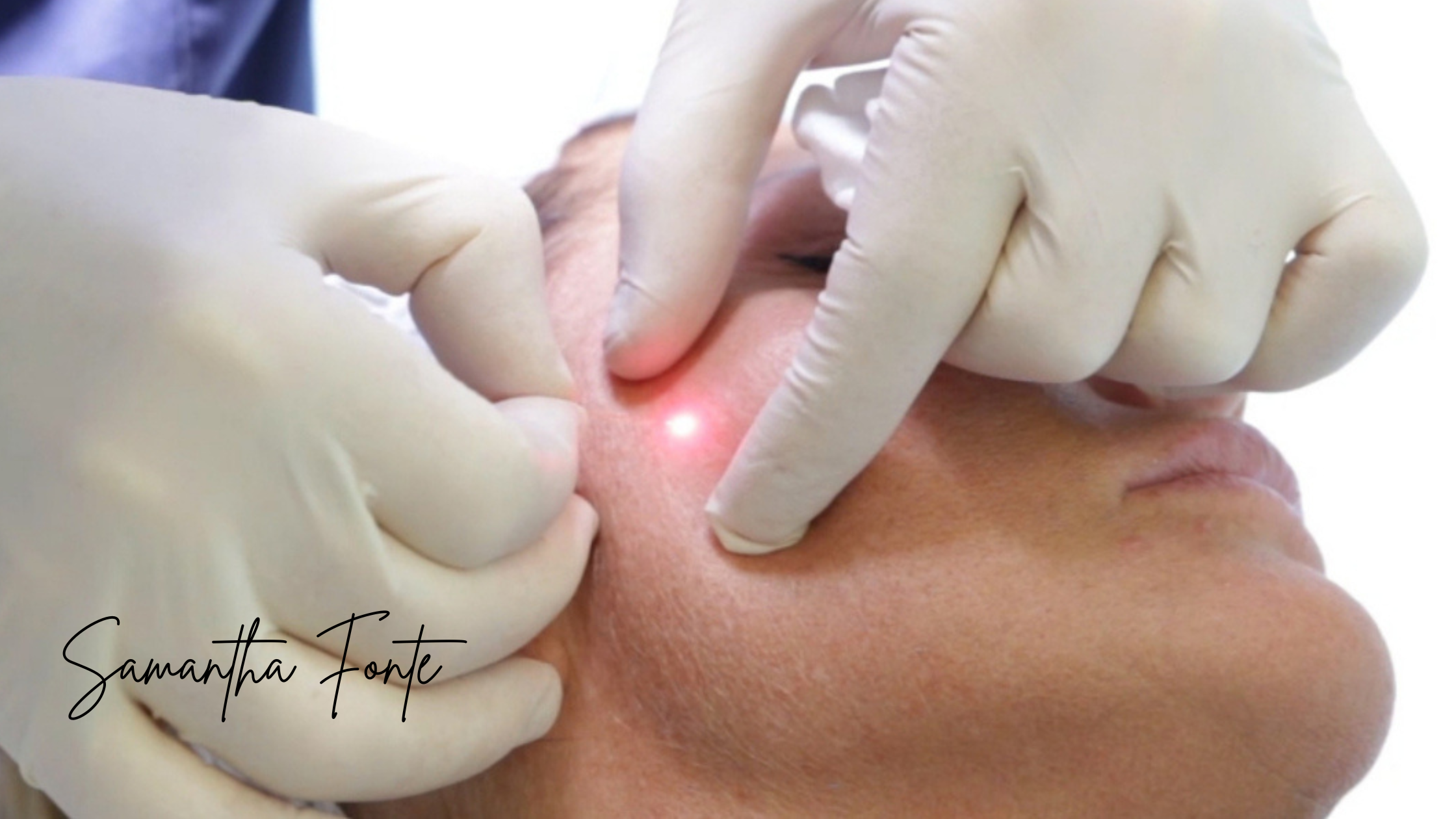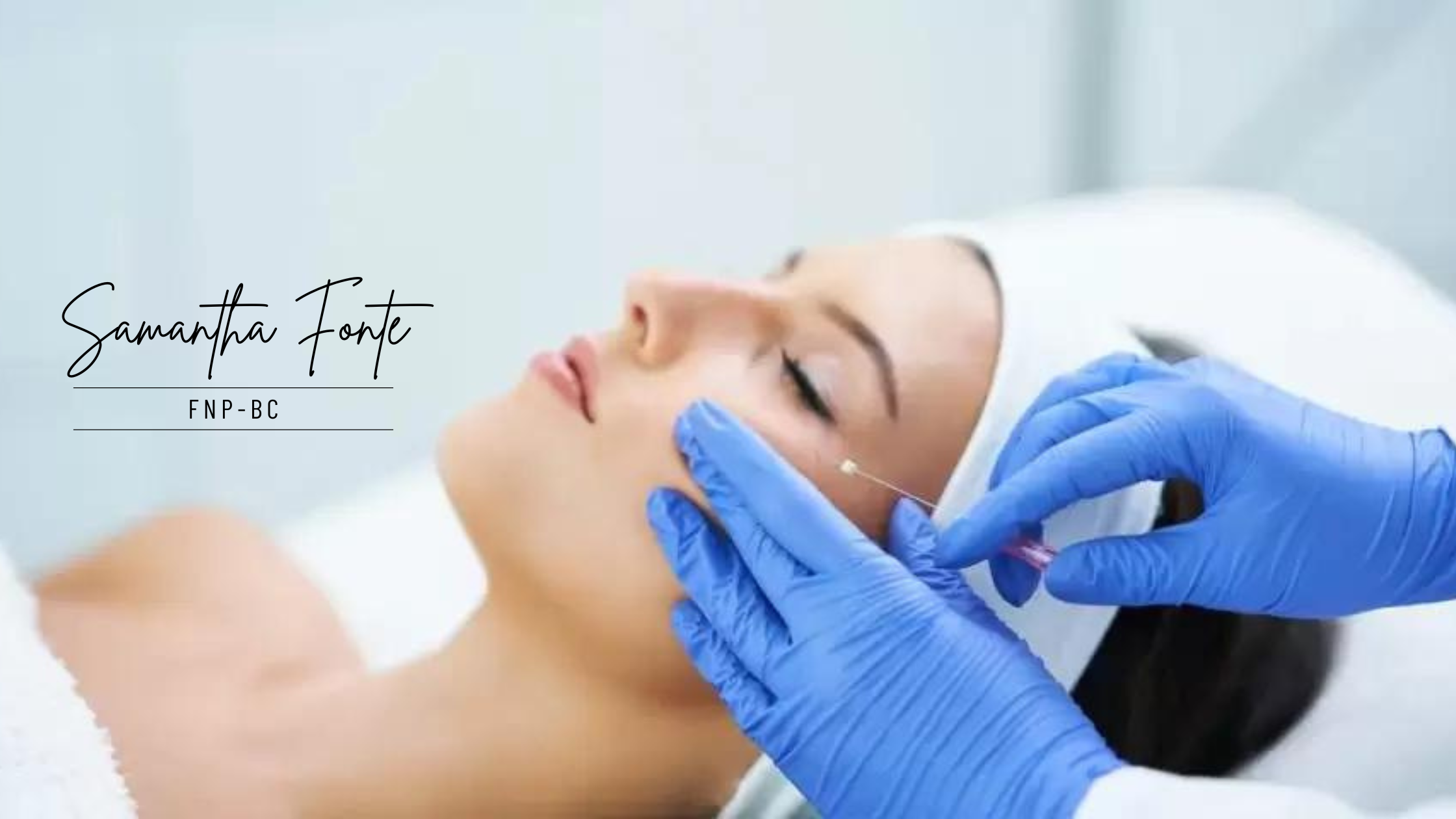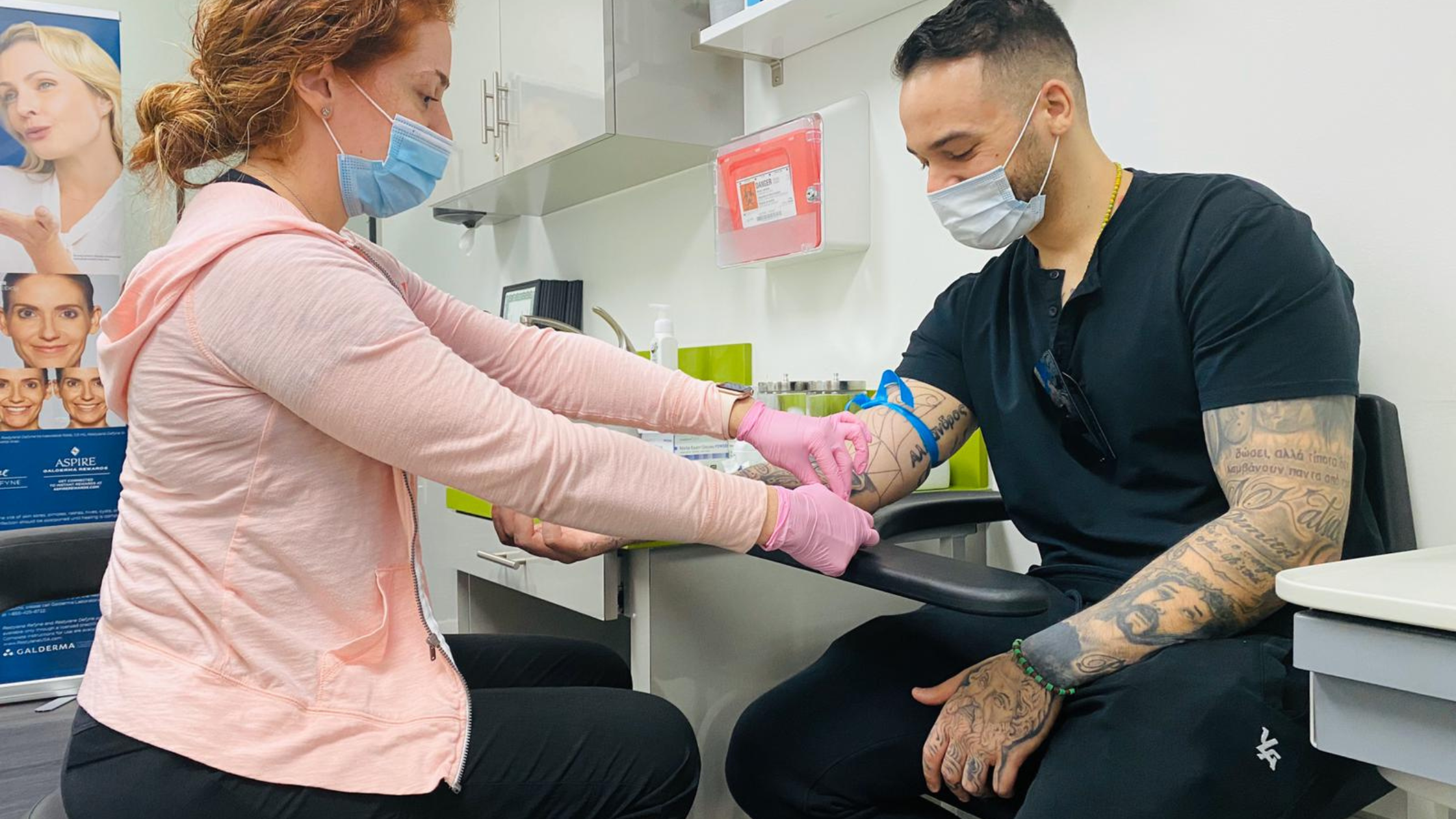Early Menopause: Causes, Symptoms, and Treatment Options
Early menopause, also known as premature menopause, occurs when a woman’s menstrual periods stop before the age of 40. Affecting approximately 1% of women, this condition can be challenging both physically and emotionally. By understanding the causes, symptoms, and treatment options, you can better manage early menopause and maintain a good quality of life.
What is Early Menopause?
Early menopause refers to the onset of menopause before the age of 40. Unlike natural menopause, which typically occurs around age 51, early menopause can significantly impact your quality of life and overall health.
Causes of Early Menopause
1. Genetics
- If your mother or sister experienced early menopause, you might experience it, too. Genetic factors play a significant role in determining the age at which menopause begins.
- Studies suggest that women with a family history of early menopause are up to 40% more likely to experience it themselves.
2. Autoimmune Disorders
- Autoimmune conditions like rheumatoid arthritis, lupus, and thyroid disease can cause the immune system to attack the ovaries, leading to premature ovarian failure.
- Research indicates that women with autoimmune disorders are 2 to 4 times more likely to experience early menopause compared to the general population.
3. Medical Treatments
- Specific treatments, like chemotherapy and radiation therapy for cancer, can damage the ovaries and lead to early menopause. Additionally, surgical removal of the ovaries (oophorectomy) results in immediate menopause.
- Women undergoing cancer treatment face a 20-30% risk of early menopause, depending on the type and duration of treatment.
4. Chromosomal Abnormalities
- Genetic conditions like Turner syndrome and Fragile X syndrome can lead to early menopause by causing premature ovarian failure.
- About 1 in 2,500 women are affected by Turner syndrome, a common cause of early menopause.
5. Lifestyle Factors
- Smoking is associated with earlier menopause, and women with a low body mass index (BMI) or those with eating disorders may also experience early menopause due to insufficient body fat for estrogen production.
- Smokers experience menopause about 1-2 years earlier than non-smokers.
Symptoms of Early Menopause
You may experience symptoms similar to those of natural menopause but at a younger age. These include:
- Irregular or Missed Periods: Changes in menstrual patterns or complete cessation.
- Hot Flashes and Night Sweats: Sudden warmth and sweating, often disrupting daily activities and sleep.
- Vaginal Dryness: Discomfort during sex and dryness due to decreased estrogen levels.
- Mood Swings: Increased irritability, depression, or anxiety linked to hormonal changes.
- Decreased Libido: Reduced interest in sexual activity.
- Fatigue and Sleep Issues: Difficulty sleeping and persistent tiredness.
- Cognitive Changes: Issues with concentration, memory lapses, and mental fog.
Health Risks Associated with Early Menopause
Early menopause increases the risk of several health conditions due to prolonged estrogen deficiency:
1. Osteoporosis
- Estrogen helps maintain bone density. Lower levels can lead to brittle bones and increased fracture risk.
- Engage in weight-bearing exercises and consume calcium and vitamin D-rich foods to help prevent osteoporosis.
2. Cardiovascular Disease
- Estrogen protects heart health; its decline increases the risk of heart disease.
- Regular cardiovascular exercise, a healthy diet, and routine check-ups can mitigate risks.
3. Mental Health Issues
- The emotional impact of early menopause can lead to anxiety and depression.
- Consider counseling or support groups to manage mental health.
4. Infertility
- Early menopause ends natural fertility.
- Explore assisted reproductive technologies or adoption if you wish to have children.
Treatment Options for Early Menopause
Although reversing early menopause is not possible, individuals can manage symptoms and health risks using the following treatments:
1. Hormone Replacement Therapy (HRT)
- HRT replaces estrogen to alleviate symptoms and protect against osteoporosis and heart disease.
- Available as pills, patches, gels, and creams. Consult your healthcare provider about the benefits and risks, as HRT may not suit everyone.
2. Lifestyle Changes
- Eat a balanced diet of calcium and vitamin D to support bone health.
- Engage in regular physical activity, including weight-bearing exercises, to strengthen bones and improve overall health.
- Avoid smoking to reduce the risk of earlier menopause and related health issues.
3. Non-Hormonal Medications
- Medications like antidepressants, gabapentin, or clonidine can help manage hot flashes and other symptoms.
- Work with your healthcare provider to find the most appropriate non-hormonal treatment for your needs.
4. Vaginal Estrogen
- Localized estrogen therapy addresses vaginal dryness and discomfort.
- Available as creams, tablets, or rings.
5. Mental Health Support
- Emotional support is crucial in managing the psychological impact of early menopause.
- Counseling, therapy, and support groups offer valuable assistance and coping strategies.
Conclusion
Early menopause can present significant challenges, but understanding its causes and exploring treatment options can help manage symptoms and reduce health risks. If you suspect you are experiencing early menopause, consult a healthcare provider for personalized advice and treatment plans to support your overall well-being.
Request an appointment here: https://mynuceria.com or call Nuceria Health at (305) 398-4370 for an appointment in our Miami office.
Check out what others are saying about our services on Yelp: Wellness Center in Miami, FL.







